about
These limited production Pinot Noir and Rosé wines are from our certified sustainable estate vineyard in Russian River Valley. Our Chardonnay is sourced from Hyde Vineyard in Napa Valley.
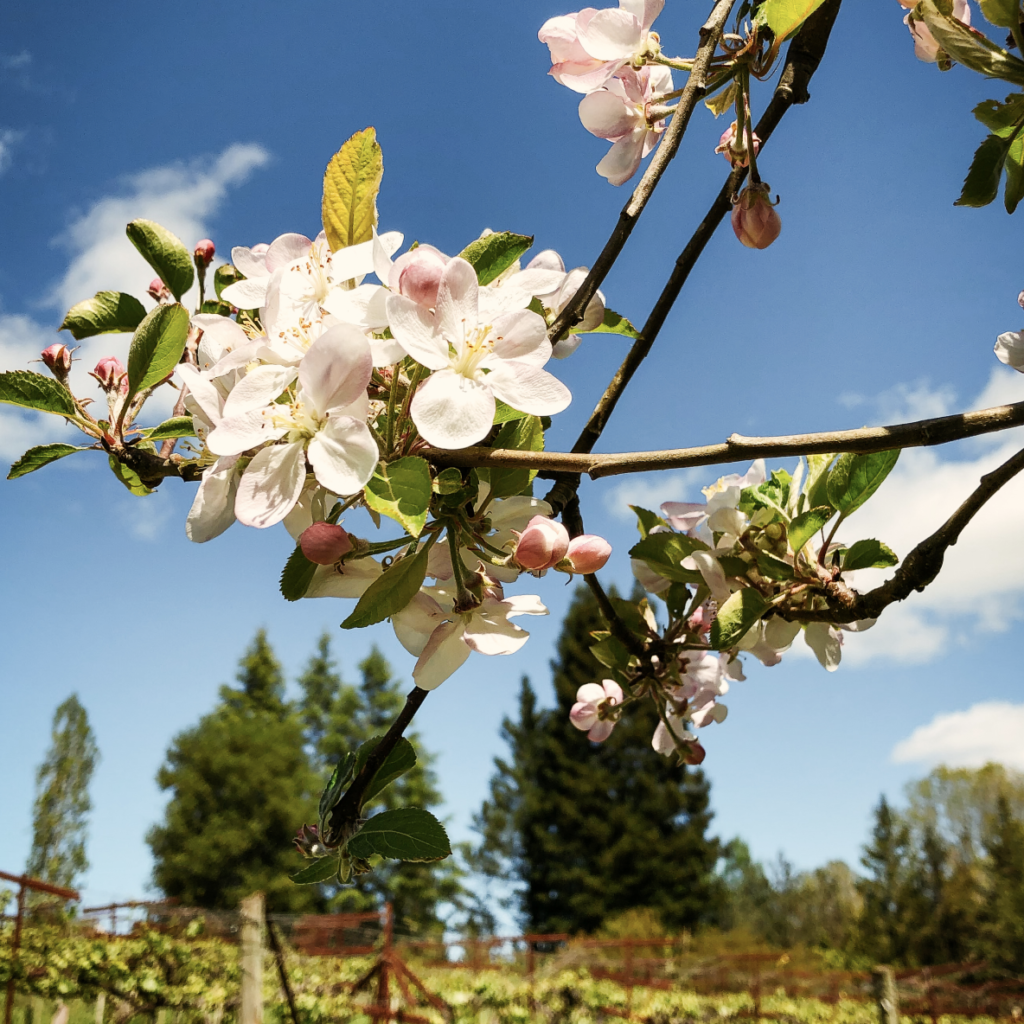
Celebrating life
May everyone drinking our wines live life to the fullest. Santé! Iubentium! Kanpai!
Our philosophy
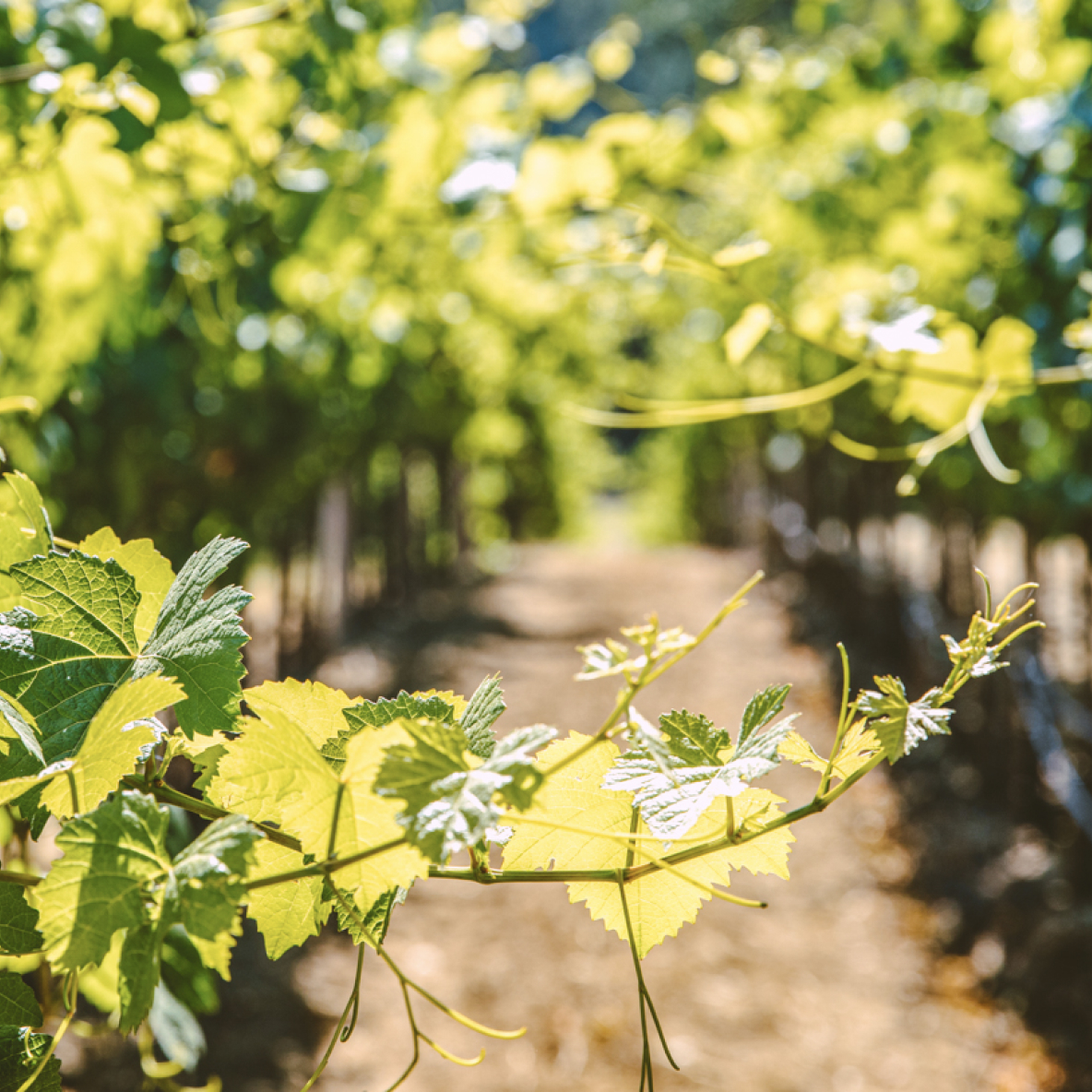
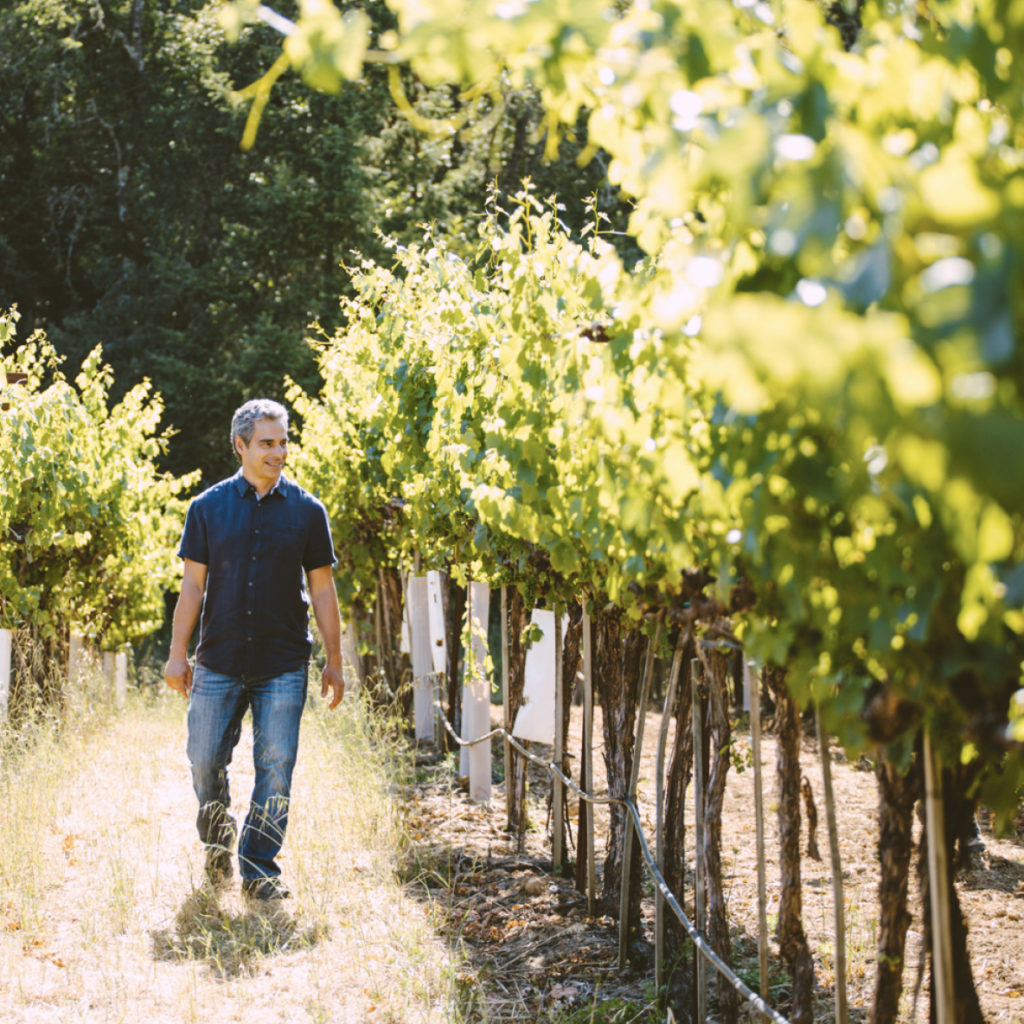
Meet our winemaker
A native of Burgundy, Stéphane Vivier’s old-world sensibilities are ideally suited for his role as winemaker for several Napa, Sonoma, Russian River Valley, and Mendocino wineries, including Hyde de Villaine and Long Meadow Ranch Anderson Valley. To Stéphane, the best winemaker is one who largely keeps his hands to himself, allowing the alchemy of nature to do what it does best. He learned this laissez-faire method of winemaking while growing up in Meloisey, Burgundy, at the feet of an elderly neighbor whose family had been making wine for centuries.
old world techniques
We utilize old world techniques of winemaking: being patient, letting the place talk, and being gentle with the grapes – in essence, making it simple.
wine growing
Winemaking begins through thoughtful, sustainable viticulture.
By remaining respectful of the land and its natural habitat throughout the growing process, we preserve the texture, personality, and soul of our wines.
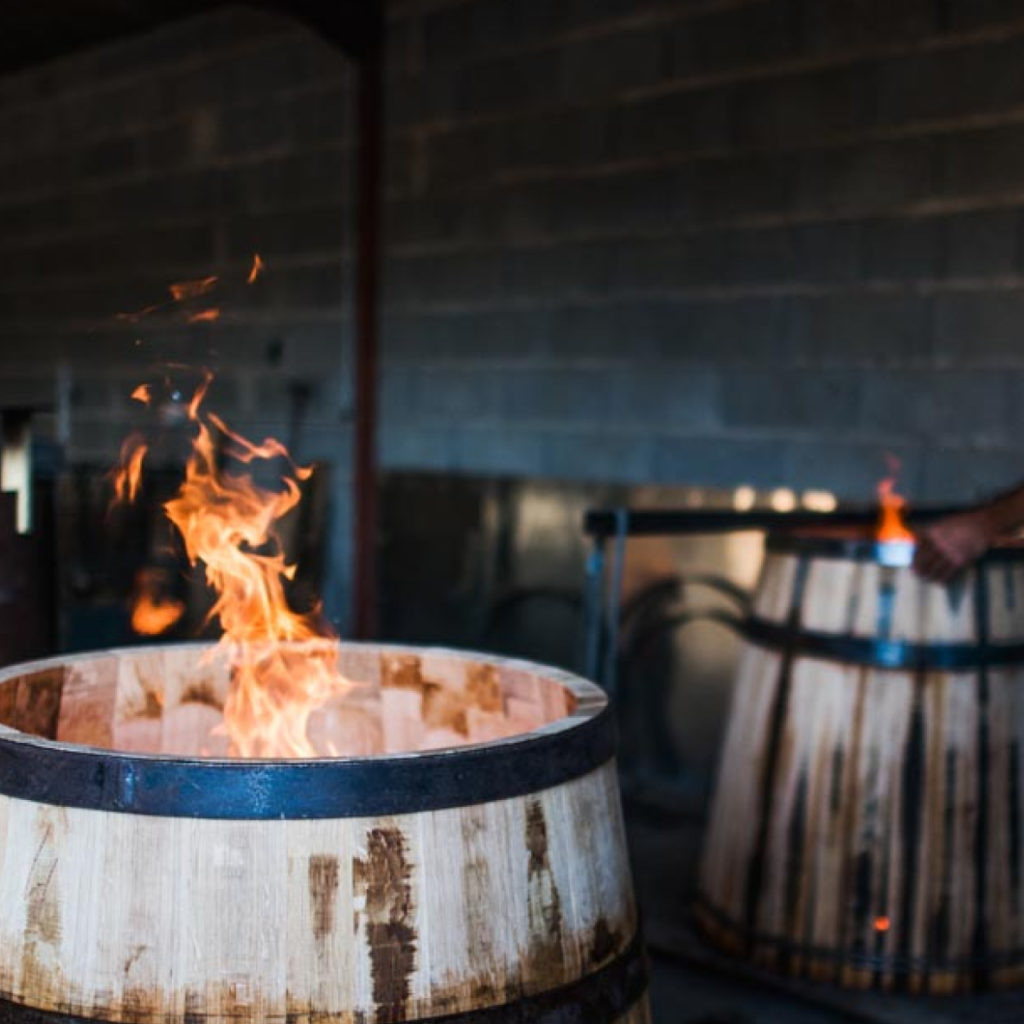
Using the finest barrels
Our dedication to quality wine extends to the fine French oak barrels that we choose. From cooperage François Frères to our current barrel, Fabrique Eric Millard, we insist on excellence. Our Eric Millard barrels are sourced in Central Loire from the highest quality 100-year-old oak that is grown on sustainably managed forests.
Expertly farmed
Our vineyard farming is conducted by the well-respected Robledo Family, who have been tending Tobias Glen for over a decade. The team is led by Art Robledo, Jr., who learned expert vineyard farming techniques from his father Arturo, a highly sought-after talent in wine country. Art believes it is important to be a good steward of the land by practicing environmentally-friendly techniques, and to treat each vine individually, rather than using a cookie cutter approach.
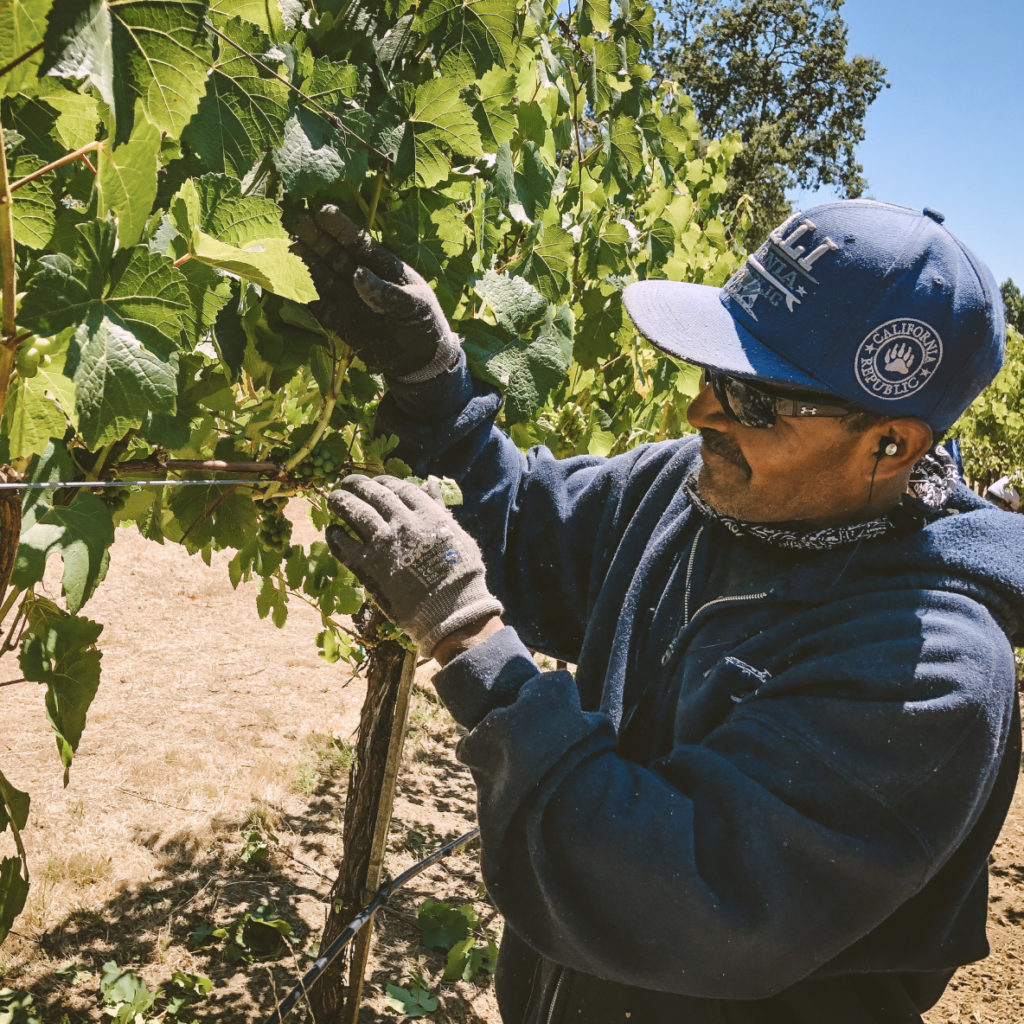
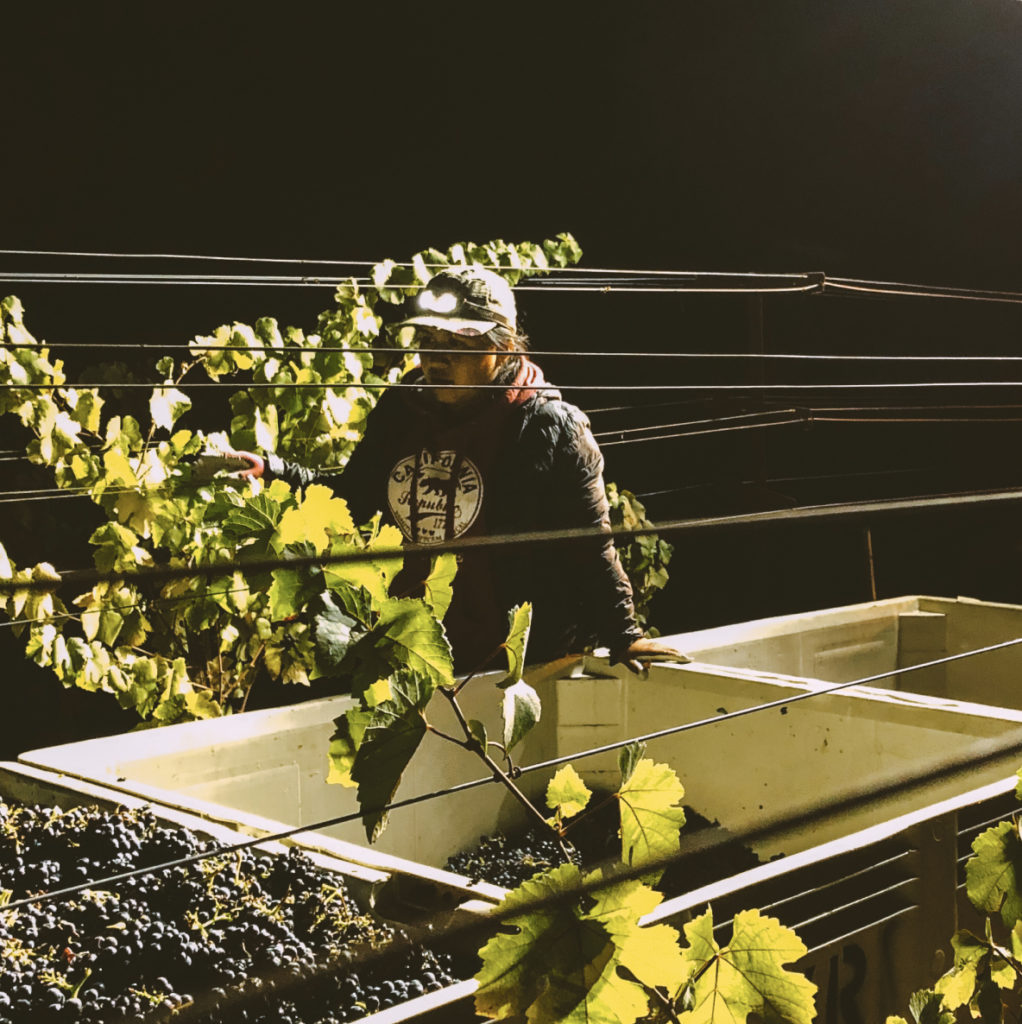
Hand-harvested
Our fruit is always hand-harvested at night.
Night harvesting is optimal for winemaking as it ensures that the fruit is picked cool and brought directly to the winery with the least amount of handling and intervention.
For our hard-working vineyard crews who pick by hand, the cooler night and early morning temperatures make this difficult work more manageable and allow the fruit to arrive chilled and fresh.
Bee power
Tobias Glen Vineyard is proud to include bee colonies as part of our property’s thriving ecosystem. Many elements are interconnected: bees pollinate our cover crops, while the cover crops provide nectar and pollen for bees. Our vines benefit from this bee relationship, too. The cover crops that were pollinated by the bees then help to regulate the soil’s health and water-holding capacity, eliminate the need for chemicals, and regulate vine growth.



